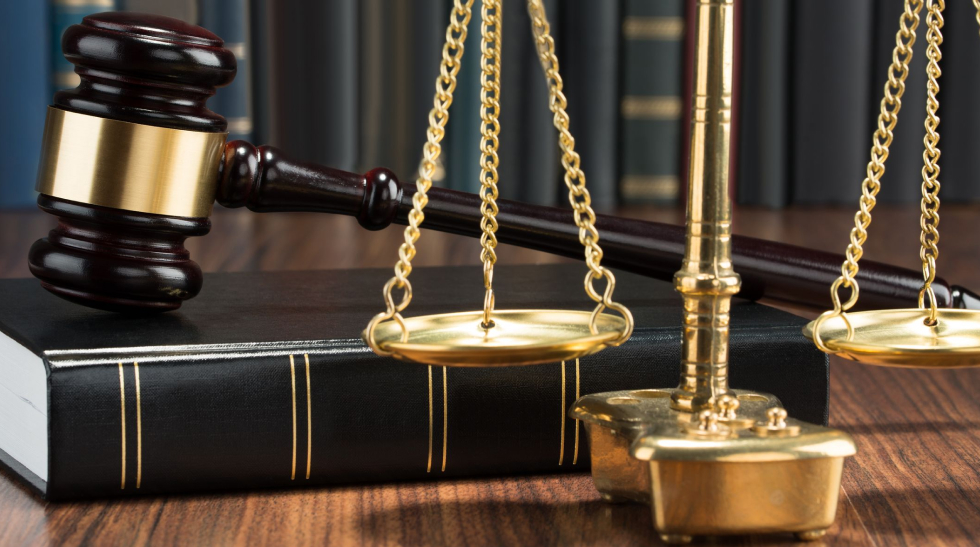Chapter 7 bankruptcy is a very common chapter that is also known as the liquidation bankruptcy. This allows for the sale of the non-exempt assets of a debtor by his or her trustee. All the proceeds from this sale are usually given to the creditors to cater for the debts owed to them. It is important that a debtor file for Chapter 7 bankruptcy Indianapolis IN in the event they cannot repay their creditors. This legal process needs to be done with the help of a bankruptcy attorney.
Before filing for Chapter 7 Bankruptcy Indianapolis IN, a debtor needs to make sure that he or she has all the financial records and other important documents relevant to the case. These documents can be loan documents, credit card statements, bank statements and many other financial records. It is important that the debtor have these documents to allow him or her to prove their financial situation. All the information in the bankruptcy documents needs to match with that in the financial records.
A bankruptcy attorney will provide you with the legal assistance, representation and advice that you need when filing for bankruptcy. He or she will make sure that you fill your bankruptcy records well with truthful information and that filing is successful. Chapter 7 bankruptcy Indianapolis IN filing is done with the clerk upon the payment of a filing fee. A debtor must however, pass the means test, which seeks to identify whether he or she has the means to repay their debts. This means test calculation must be completed before filing for bankruptcy.
Once you have successfully filed for Chapter 7 bankruptcy Indianapolis IN, the court issues a document that call for a meeting where the debtor meets the creditors. All creditors listed in your bankruptcy documents will receive this notice. During this meeting, the bankruptcy trustee will ask you, the debtor, questions on bankruptcy. In addition, any creditor can ask the debtor questions regarding his or her finances. Non-exempt assets are seized and sold by the bankruptcy trustee. If there is no objection regarding the discharge of the debtor within 60 days after the first meeting of the creditors, then the debtor is discharged. Click here to hire certified attorneys that represent Chapter 7 and Chapter 13 bankruptcy cases in Indianapolis, IN.



